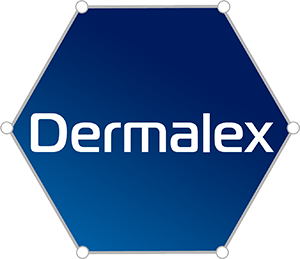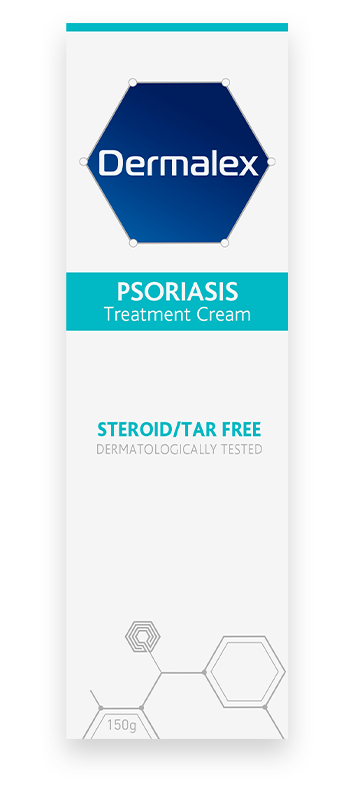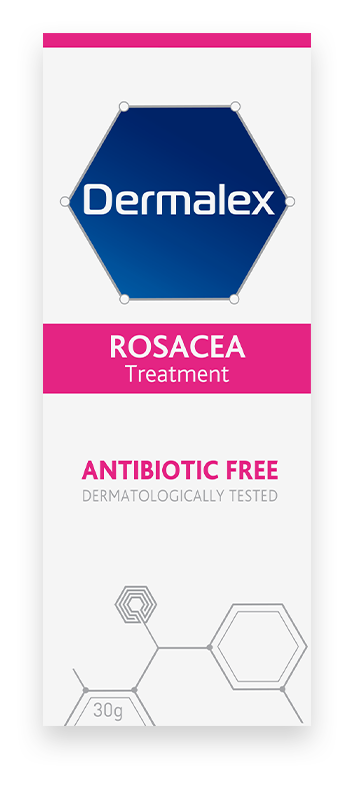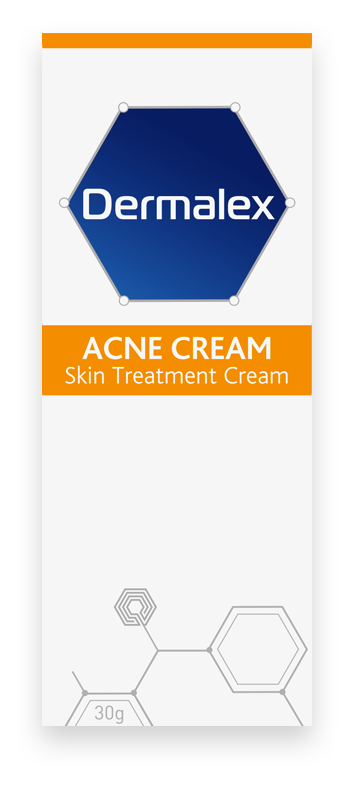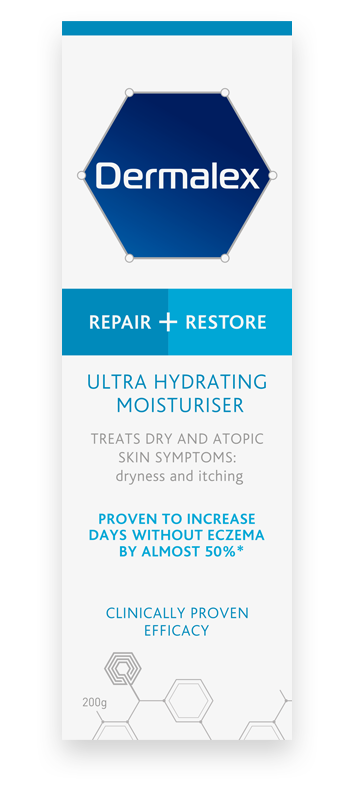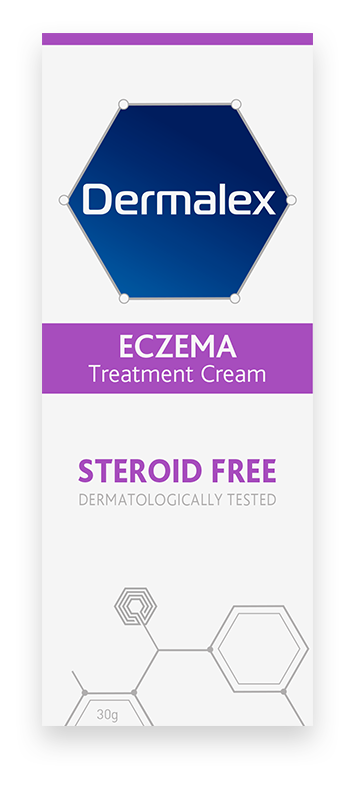Psoriasis treatment
is there a cure for psoriasis?
There isn't a cure for psoriasis, but there are treatment options available to help you manage your symptoms.
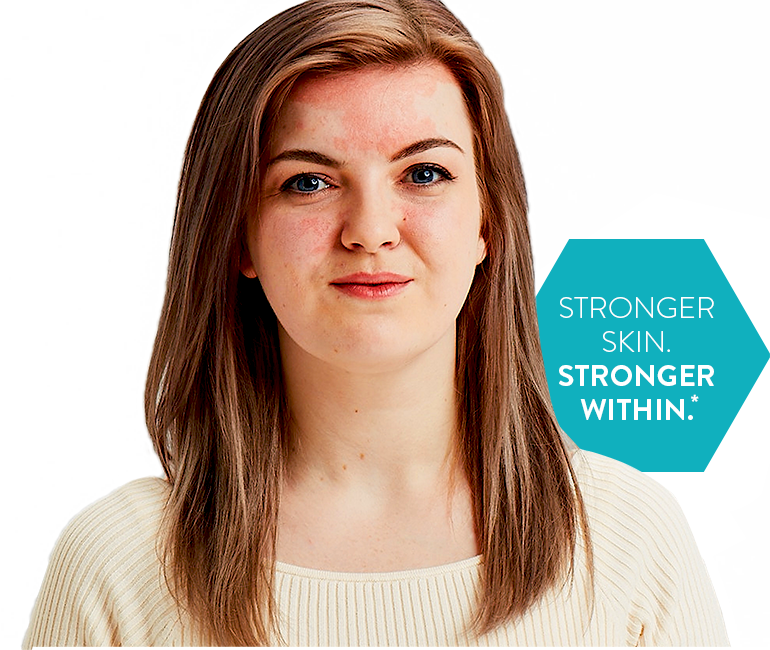
If you’ve been diagnosed with psoriasis, one of the first questions on your mind is, ‘can psoriasis be cured?’ Unfortunately, there isn’t a psoriasis cure, but there are plenty of treatment options available to you which can help combat symptoms and improve the appearance of your skin.1
It’s worth remembering, these psoriasis treatments won’t work for everyone. Your skin is unique to you and will react differently to each method. Take some time to understand what works and what doesn’t work for your skin. Some treatments come with side effects, while others can be difficult to fit into your schedule. It’s important to take the time to talk through your options with your GP or healthcare professional.
Why isn’t there a cure for psoriasis?
Psoriasis is an autoimmune disorder which causes red, flaky patches of skin which can often itch or become tender. Although psoriasis affects the skin, its cause lies in the immune system.
T cells are white blood cells designed to protect your body from diseases or infections. These can sometimes become active when they’re not needed and cause your immune system to fight when there isn’t necessarily a threat to the body. This is what causes psoriasis.2
Due to psoriasis being a condition which begins with the immune system and impacts the production of skin cells, there’s no specific cure, but there are ways to treat the symptoms when it affects the skin.
Lifestyle improvements to help psoriasis
While there isn’t a cure for psoriasis, there are some lifestyle changes you can make which can improve your skin condition and may help to make treatment more effective. Here, we explain some of the ways you can give your body a fighting chance.
Dietary supplements
Vitamin D, fish oil, milk thistle, aloe vera, Oregon grape and evening primrose oil have all been claimed to improve mild psoriasis symptoms.3 Supplements like vitamin D, do this by offering support to the immune system.
It’s worth noting that none of the above are likely to be a silver bullet in your treatment for psoriasis, but a healthy body stands a better chance of minimising the symptoms you experience.
Be sure to discuss any dietary supplements you’re looking to take with a healthcare professional so as to be sure there’s no interference with any other medication you may be taking.
Keep clear of fragranced soaps and sprays
Often, perfumes, soaps and washing liquids are heavily fragranced or feature dyes and chemicals which can cause inflammations or outbreaks of your psoriasis.
When looking to buy products, be sure to check the ingredients for anything which can cause irritation. Sensitive options are becoming more readily available, so be sure to keep a lookout for these.
Eat a healthy, balanced diet
It’s reported that there’s a correlation between psoriasis and unhealthy eating habits. As a general rule of thumb, try to eat a well-balanced diet and skip the processed foods if you want to avoid a flare up.
Additionally, some specific foods that are reported to cause psoriasis flare ups include:4
- Red meat
- Dairy
- Gluten
- Nightshades (tomatoes, potatoes, peppers, etc.)
- Foods high in sugar, salt or fat
It’s important to be aware of how your body reacts to the above. Some people find that their psoriasis is more sensitive to diet changes than others.
Some foods are known to help psoriasis as a result of their anti-inflammatory properties.4 These include:
- Fruits and vegetables
- Fatty fish (salmon, sardines, cod, etc.)
- Heart-healthy oils (olive oil, coconut oil, etc.)
Cut back on the booze
Alcohol and psoriasis don’t make for a great combination.This is because alcohol can disrupt the immune system, which can lead to flare ups.4 If you have psoriasis, you may not have to give up alcohol completely, but drinking in moderation can be a step towards avoiding a trigger for your skin condition.
Avoid stress wherever possible
Speak to any psoriasis sufferer and they’ll tell you that stress is one of the leading causes of flare ups. The problem arises when a psoriasis flare up causes stress on the sufferer, leading to more flare ups. This can be a vicious cycle.
If you find that you’re under a lot of pressure at work or home, it might be worth taking some time out of your day for wellness and mindfulness practices. This can be anything from light exercise daily to clear your head, yoga, or even meditation.
Get out in the sun
Sunlight can help your psoriasis clear up quickly. In fact, most psoriasis sufferers usually find that their skin condition is dramatically better in the summer months than it is during the winter. So much so, light therapy is used as a common and effective treatment of psoriasis.
Light therapy shouldn’t be confused with sunbeds. Light therapy is a treatment that takes place under the supervision of a healthcare professional and does not expose you to some of the harmful ultraviolet light that’s often found during sunbed sessions. It’s important to remember that excessive exposure to some forms of UV light can increase your chances of developing skin cancer over time.
Ultraviolet light has been found to help aid the growth of skin cells that are affected by psoriasis.2 A common downside to light therapy is the need for consistent regular attendance which can often be unsuitable for those with 9-5 jobs.
If you can’t attend light therapy sessions, try your best to get out and enjoy the weather when it’s sunny.
Indulge in a bath
At times, hot water can be an irritant to your skin, however a lukewarm bath can certainly help your psoriasis.
Not only are baths a great opportunity to relax and relieve stress, they can also allow you the time to try some moisturisers, rubs or treatments. There are plenty of discussions online about some of the best products to use in the bath, these include:
- Coal tar5
- Epsom salt6
- Mineral oil2
- Olive oil2
- Milk2
It’s always a great idea to moisturise when you get out of the bath or shower.
Quit Smoking
Studies have shown that smoking increases your risks of getting psoriasis and if you already have the condition, smoking can increase the severity of your symptoms.
It’s also been reported that quitting smoking makes you more responsive to other psoriasis treatments.7
Quitting smoking can be tough, but with willpower and the right approach, you can be successful. Seeing skin benefits can be a great motivator for quitting.
Psoriasis treatments recommended your GP
If you’re still struggling with your skin condition, it may be worth speaking to your GP about how to treat psoriasis. It’s important to remember that the treatments below may not be suitable for everyone, there are numerous types of psoriasis which can react to different treatment types. A pharmacist or GP will be able to recommend the treatments specifically based on your skin.
Topical treatments
Topical treatments are usually the first prescribed treatment for people with psoriasis. These are creams, ointments or moisturisers applied to the skin. These come in different forms, ranking from over-the-counter products to prescription only products like topical corticosteroids.
Different types of topical treatments include:
- Emollients – reduces water loss and offers a protective cover to the affected skin
- Steroid cream and ointments – reduces inflammation and slows the production of skin cells
- Vitamin D analogues – help to slow the production of skin cells and reduces inflammation
- Calcineurin inhibitors – reduces the activity of the immune system and reduces inflammation
- Dithranol – reduces the production in skin cells
Tablets, capsules and injections
If your condition hasn’t reacted to other treatments, alternative options to help your psoriasis include non-biological or biological systematic treatments which can be either oral or injected. These work throughout the body and can be effective. There are some concerns surrounding the side effects of these treatments, so it’s important to discuss this with your GP. Some of these treatments aren’t suitable if you’re planning to conceive, are pregnant or breastfeeding.
Non-biological systemic treatments include:
- Methotrexate – slows down the production of skin cells and reduces inflammation
- Ciclosporin – an immunosuppressant
- Acitretin – reduces skin cell production
Biological systemic treatments include:8
- Etanercept – targets overactive cells in the immune system
- Adalmumab – targets overactive cells in the immune system
- Infliximab – targets overactive cells in the immune system
- Ustekinumab – targets overactive cells in the immune system
Remember to discuss all potential side effects with your GP before agreeing to a specific course of treatments.
We’re here to help
Living with psoriasis can be tough, but we’re here to offer help, advice and topical treatments. Each month, we’re adding content to help anyone suffering with skin conditions to understand their condition better, take action which may improve their skin and live with confidence.
- Psoriasis – NHS
- 10 Ways to Treat Psoriasis at Home – Healthline
- Integrative Approaches to Care – National Psoriasis Association
- What foods can trigger a psoriasis flare up? – Healthline
- Psoriasis Treatment: Coal Tar – American Academy of Dermatology Association
- Epsom Salt: Benefits, Uses and Side Effects – Healthline
- The Link Between Smoking and Psoriasis – Healthline
- Psoriasis Treatment – NHS
